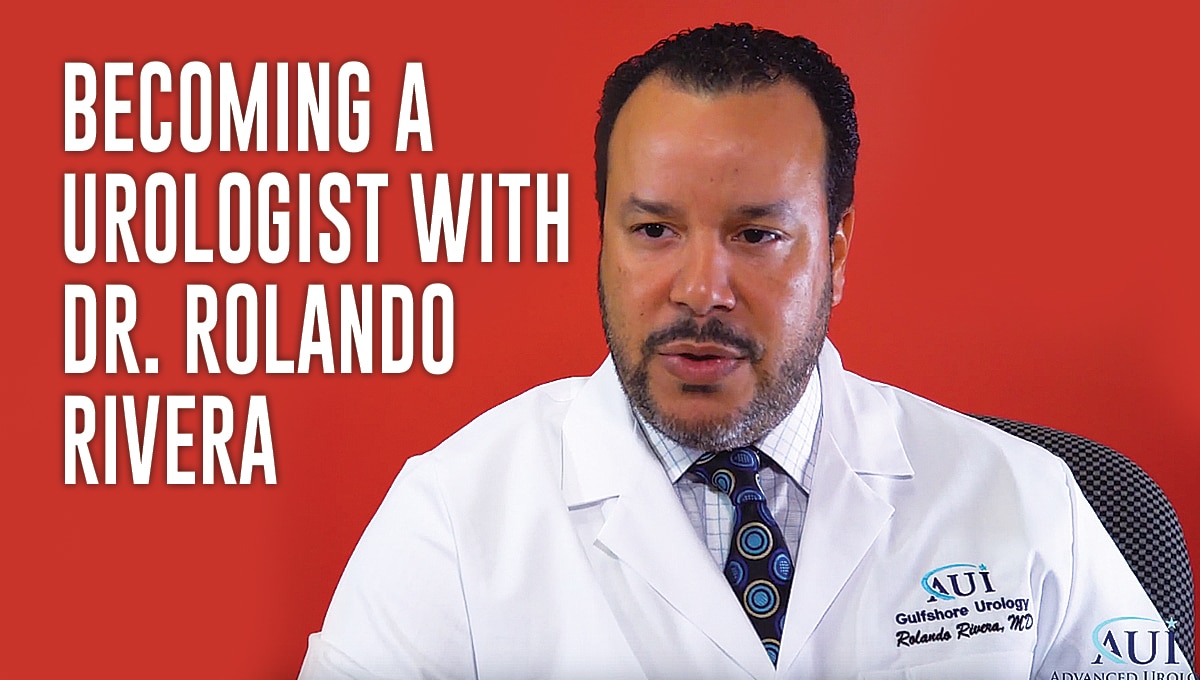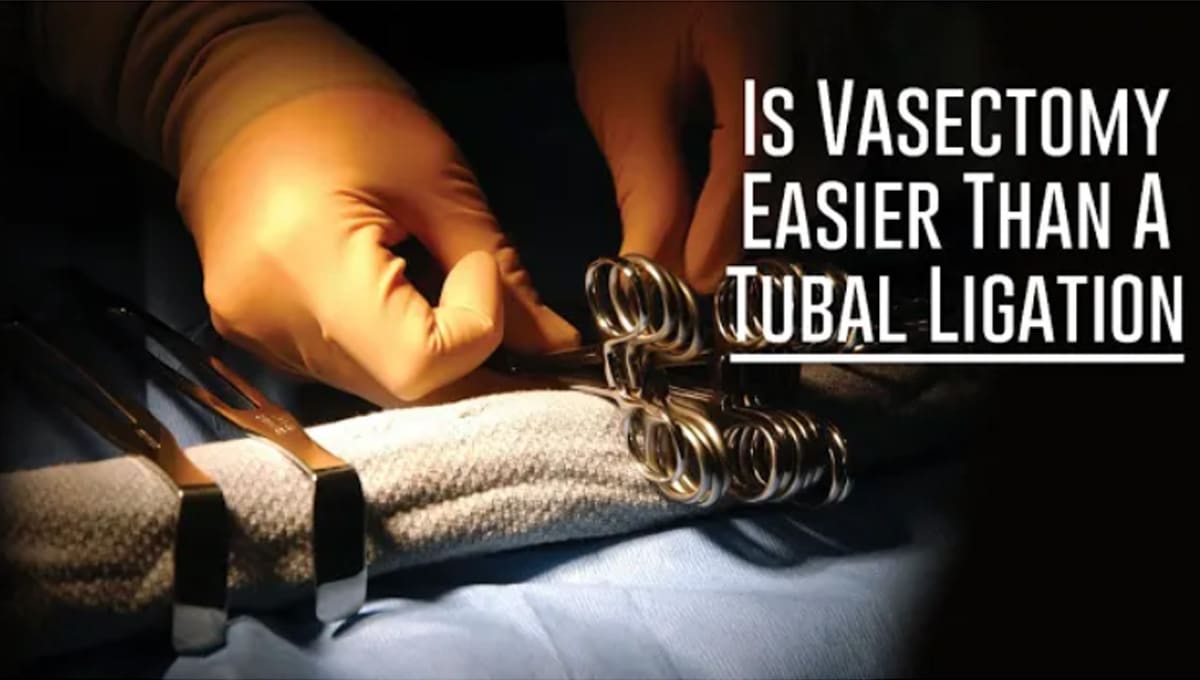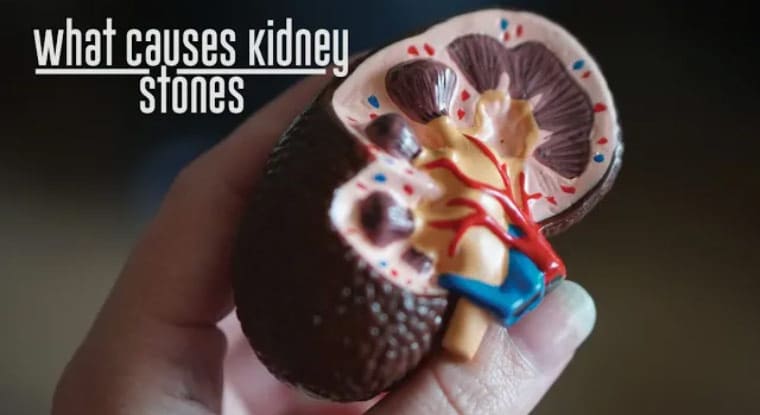KEY TAKEAWAYS:
- The Advanced Urology Institute’s Naples office, led by Dr. Rolando Rivera, offers a range of outpatient urology procedures, including prostate procedures, reconstructive surgeries, and stone disease treatment.
- Complex cases requiring specialized equipment, such as robotic surgery for pelvic organ prolapse, are performed at the hospital.
- The Advanced Urology Institute is the largest urology practice in Florida, providing comprehensive and personalized care to patients seeking a urologist in Naples, FL.
Introduction
Urology is a specialized field of medicine that focuses on the diagnosis, treatment, and management of various conditions related to the urinary tract and male reproductive system. At the Advanced Urology Institute in Naples, Florida, Dr. Rolando Rivera, is a board-certified urologist who is also specialized in Female Pelvic Medicine and Reconstructive Surgery. In this article, we will discuss the various urology procedures performed at the Naples office and how Dr. Rivera can help you.
Outpatient Urology Procedures in Naples
The surgery center in Naples is designed for primarily outpatient interventions that are fairly uncomplicated. A range of procedures can be performed at this facility, catering to the diverse needs of patients seeking a urologist in Naples, FL.
Prostate Procedures
One of the common procedures performed at the Naples office is the Urolift. This minimally invasive procedure treats benign prostatic hyperplasia (BPH), a condition characterized by an enlarged prostate gland. The Urolift procedure involves the placement of small implants to lift and hold the enlarged prostate tissue out of the way, relieving pressure on the urethra and improving urine flow.
Reconstructive Surgeries
Dr. Rolando Rivera performs simple reconstructive procedures at the Naples office, focusing on pelvic reconstructive surgeries. These surgeries address issues such as pelvic organ prolapse, in which the pelvic organs, like the bladder or uterus, descend due to weakened pelvic floor muscles and ligaments. The reconstructive procedures aim to repair and strengthen the pelvic floor to restore normal function and alleviate symptoms.
Stone Disease Treatment
For patients suffering from kidney stones, the Naples office offers various treatment options. Depending on the size, location, and type of kidney stones, Dr. Rivera may perform minimally invasive procedures like extracorporeal shock wave lithotripsy (ESWL) or ureteroscopy to break up and remove the stones.
Hospital Procedures for Complex Cases
While the Naples office is equipped to handle a variety of urological issues, some complex cases require specialized equipment and hospital facilities. For instance, Dr. Rivera performs robotic surgery for pelvic organ prolapse at the hospital. This advanced technique uses the da Vinci Surgical System to perform precise, minimally invasive procedures that result in shorter recovery times and reduced complications.
Advanced Urology Institute: Comprehensive Urological Care
The Advanced Urology Institute is the largest urology practice in Florida, offering state-of-the-art facilities and a team of highly skilled urologists. With a focus on providing personalized care to each patient, the team at the Advanced Urology Institute works collaboratively to diagnose and treat a wide range of urological conditions. If you are seeking a urologist in Naples, FL, trust the expertise of Dr. Rolando Rivera and the team at the Advanced Urology Institute.
TRANSCRIPTION:
I’m Rolando Rivera and I’m board certified in Urology and Female Public Medicine and Reconstructed Surgery with Advanced Urology Institute.
So the surgery center is designed for primary outpatient interventions that are fairly uncomplicated. So we do do a fair amount of things in the surgery center. We do our prostate procedures, Urolift, we do a fair amount of those. We do simple reconstructive procedures, public reconstructive surgeries, stone disease, those kinds of things. The more complex reconstructive surgeries that require specific equipment, like I do robotic surgery for prolapse, that is a hospital procedure.
REFERENCES:
- “Female Pelvic Medicine and Reconstructive Surgery | Cedars-Sinai.” https://www.cedars-sinai.org/programs/urology-academic-practice/clinical/female.html.
- “UroLift for Benign Prostatic Hyperplasia (BPH) – UCLA Health.” https://www.uclahealth.org/medical-services/urology/conditions-treated/male-conditions/urolift-benign-prostatic-hyperplasia-bph.
- “Extracorporeal Shock Wave Lithotripsy (ESWL).” https://www.hopkinsmedicine.org/health/conditions-and-diseases/kidney-stones/extracorporeal-shock-wave-lithotripsy-eswl.




 If you have large stones, however, your urologist may approach them with more extensive treatment. There are several ways to eliminate them. If you have severe pain, an infection, or your
If you have large stones, however, your urologist may approach them with more extensive treatment. There are several ways to eliminate them. If you have severe pain, an infection, or your 
 Surgical Approach with da Vinci Robotic Surgery
Surgical Approach with da Vinci Robotic Surgery
 Becoming a urologist requires a special kind of person. Urology is one of the more challenging specialties a doctor can choose. Urological problems are broad and can encompass issues ranging from urinary incontinence, overactive bladder, vaginal prolapse and kidney stones to the advanced realm of pelvic surgery. Urologists are required to have a large skill set in order to take care of their patients.
Becoming a urologist requires a special kind of person. Urology is one of the more challenging specialties a doctor can choose. Urological problems are broad and can encompass issues ranging from urinary incontinence, overactive bladder, vaginal prolapse and kidney stones to the advanced realm of pelvic surgery. Urologists are required to have a large skill set in order to take care of their patients.
 During a vasectomy,the urologist makes two tiny incisions on the scrotum, pulls out the vas deferens and snips them and ties the individual ends. For tubal ligation, the doctor makes
During a vasectomy,the urologist makes two tiny incisions on the scrotum, pulls out the vas deferens and snips them and ties the individual ends. For tubal ligation, the doctor makes 
 2. High sodium diet
2. High sodium diet

 Reconstructive surgery is a testimony to how much technology has improved the practice of medicine. In cases of pelvic organ prolapse, the surgery is performed to restore the affected organ to its proper place. There are different types of reconstructive surgery, depending on the type of organ prolapse being treated. Whatever the type of reconstructive surgery, however, it is a minimally invasive procedure.
Reconstructive surgery is a testimony to how much technology has improved the practice of medicine. In cases of pelvic organ prolapse, the surgery is performed to restore the affected organ to its proper place. There are different types of reconstructive surgery, depending on the type of organ prolapse being treated. Whatever the type of reconstructive surgery, however, it is a minimally invasive procedure.